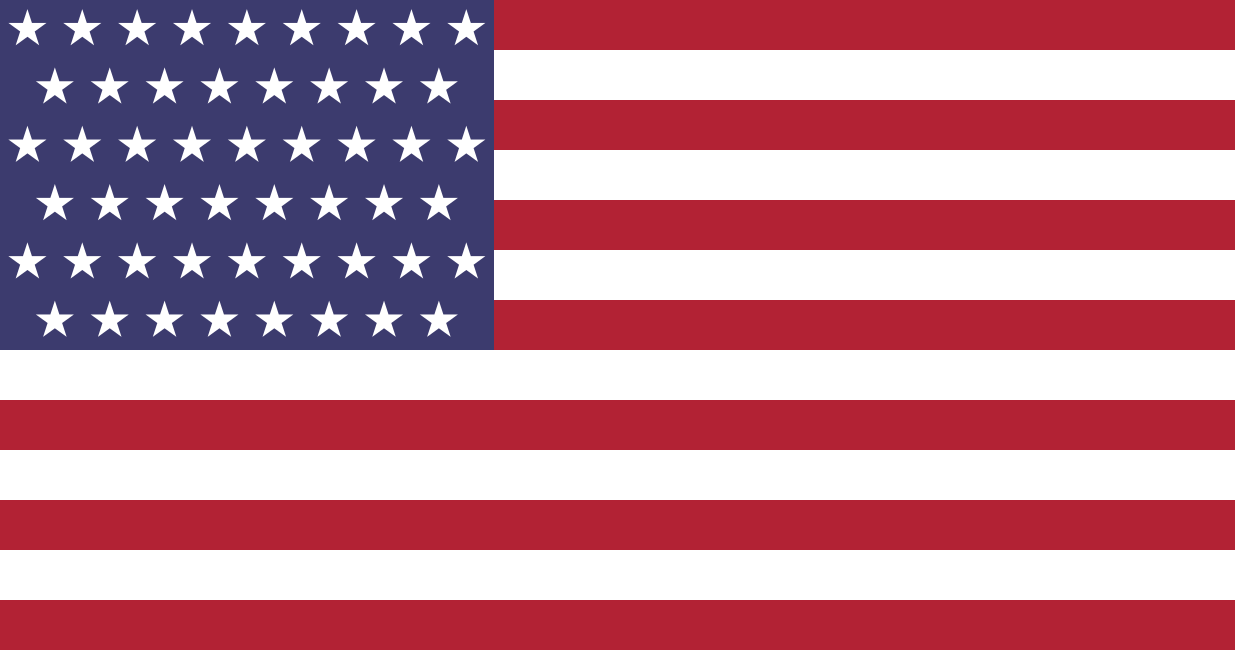US Citizenship and Immigration Services (USCIS) has announced that, effective 2 December 2019, the fee to request its premium processing service for certain employment based petitions will increase to USD 1440 from the current fee of USD 1410.
USCIS also announced a final rule, effective 9 December 2019, that will require employers to pay a USD 10 fee for each H-1B registration submitted, once a planned electronic registration system is implemented.
Finally, the Department of Homeland Security (DHS) has published in the Federal Register a proposed adjustment of its immigration and naturalization fees structure that would bring significant increases for a number of categories. DHS proposes to adjust USCIS fees by a weighted average increase of 21 percent, add new fees for certain benefit requests, establish multiple fees for petitions for nonimmigrant workers, and limit the number of beneficiaries on certain forms. Written comments can be submitted on or before 16 December 2019.
Background
H-1B visas enable US businesses to obtain temporary work authorisation for qualifying foreign professional workers in specialty occupations. The H-1B visa is subject to an annual quota (or “cap”) of 65,000 visas per fiscal year, with an additional 20,000 visas available to beneficiaries holding an advanced degree.
Premium processing is an optional service currently authorized for certain petitioners filing Forms I-129 or I-140. The system allows petitioners to request 15-day processing of these forms if they pay an extra fee.
The planned electronic registration system will mean that employers will no longer have to file a complete H-1B petition only to see it rejected if it is not selected in the cap lottery. Rather, the lottery will be run beforehand, based on the pre-registrations, and employers will then have 90 days (increased from 60 days in a previously proposed version of the rule) to file H-1B petitions for petitioners who have already been selected in the lottery.
USCIS is slated to implement the registration process for the fiscal year 2021 H-1B cap selection process, pending completed testing of the system. Upon implementation, petitioners seeking to file H-1B cap-subject petitions, including those eligible for the advanced degree exemption, will first have to electronically register with USCIS during a designated registration period, unless the requirement is suspended.
Our Advice
Employers who may be affected are encouraged to contact a Wolfsdorf Rosenthal immigration attorney or email Global@Wolfsdorf.com for case-specific advice.


